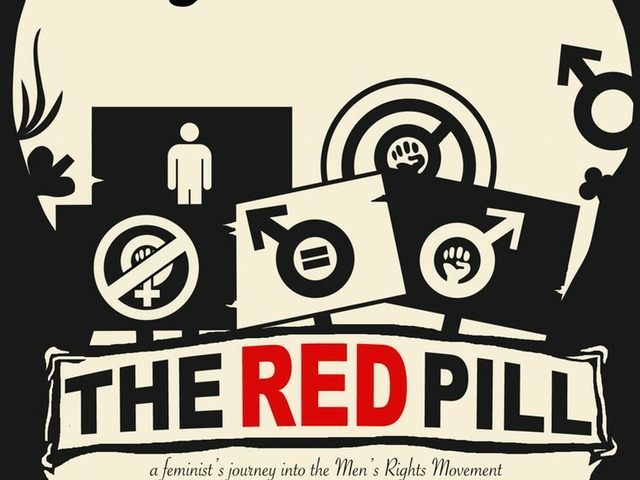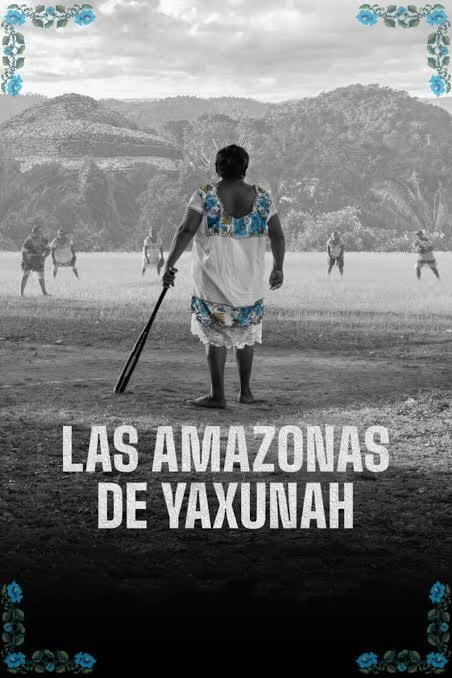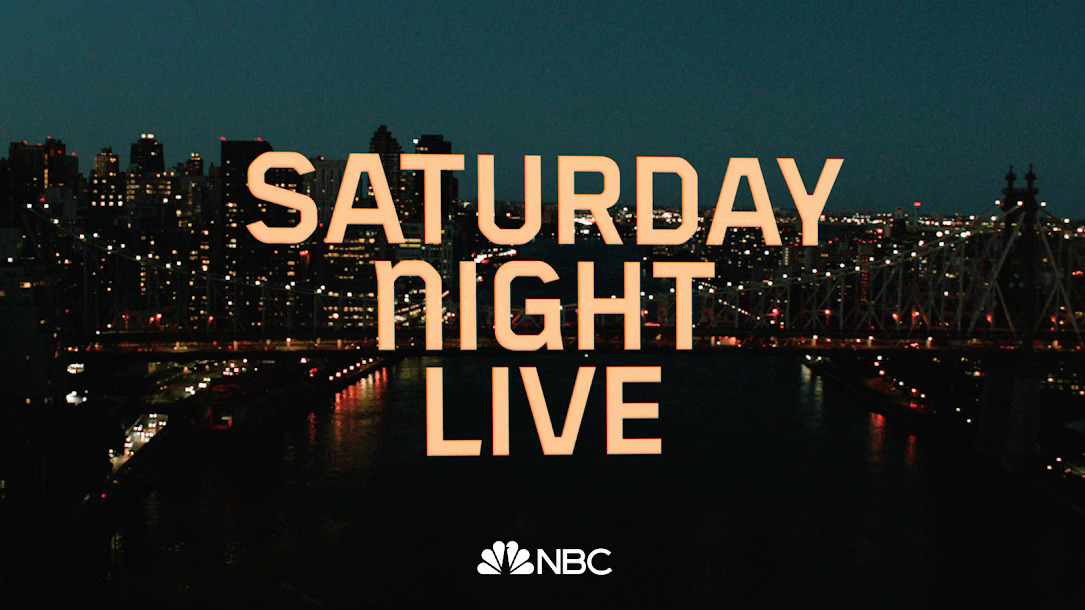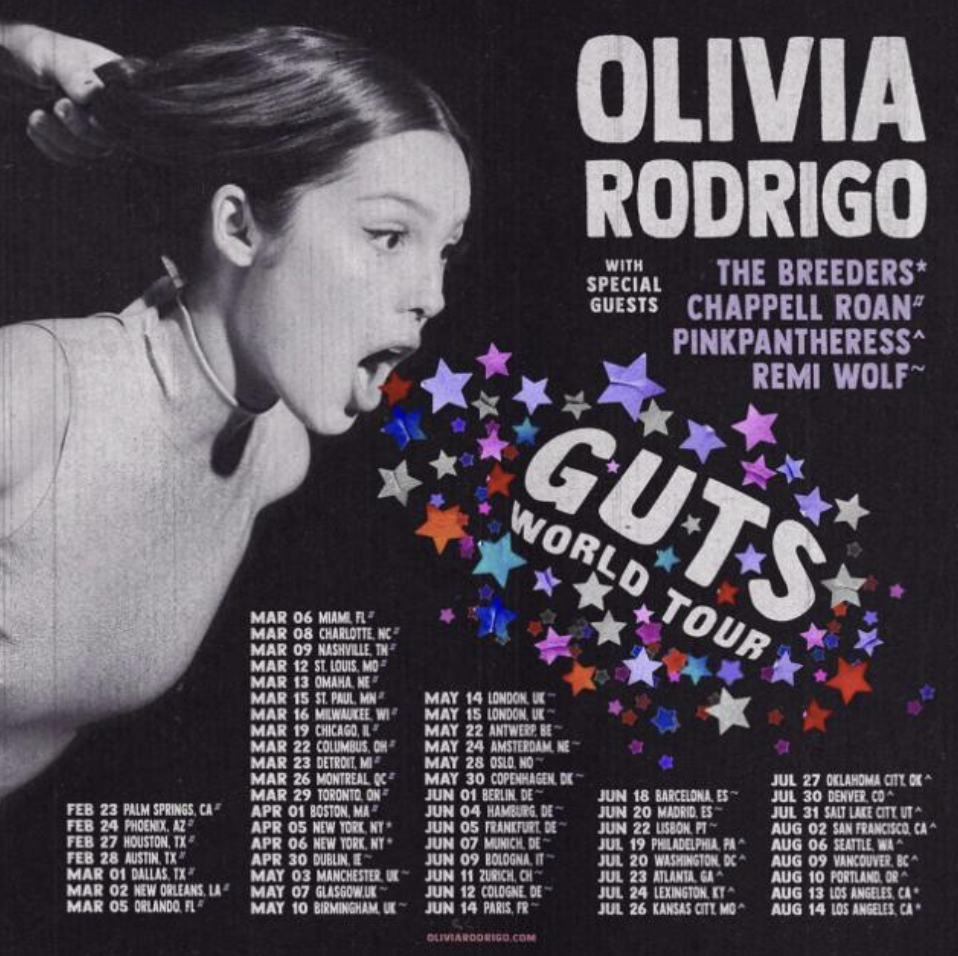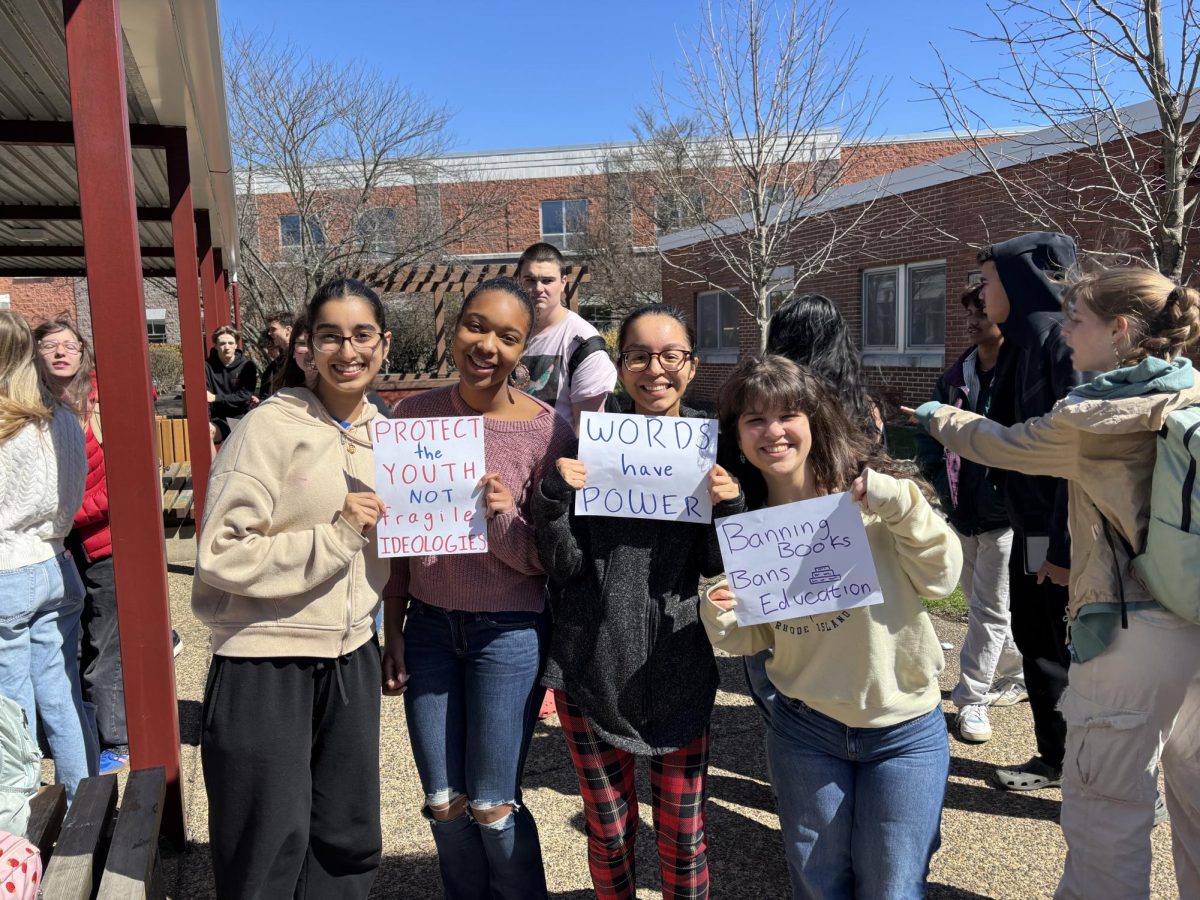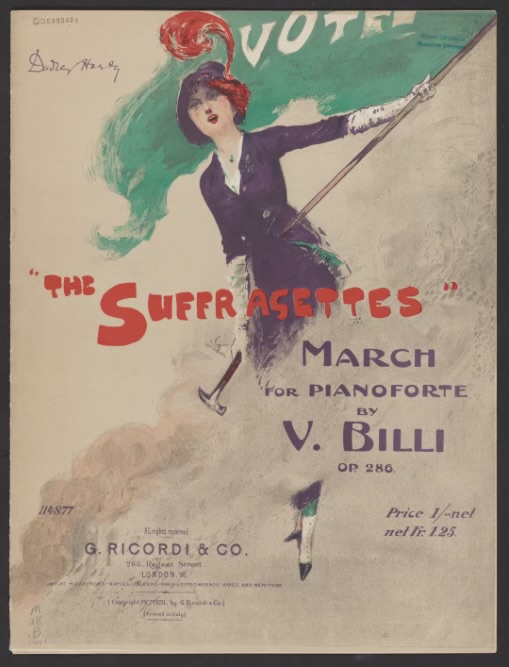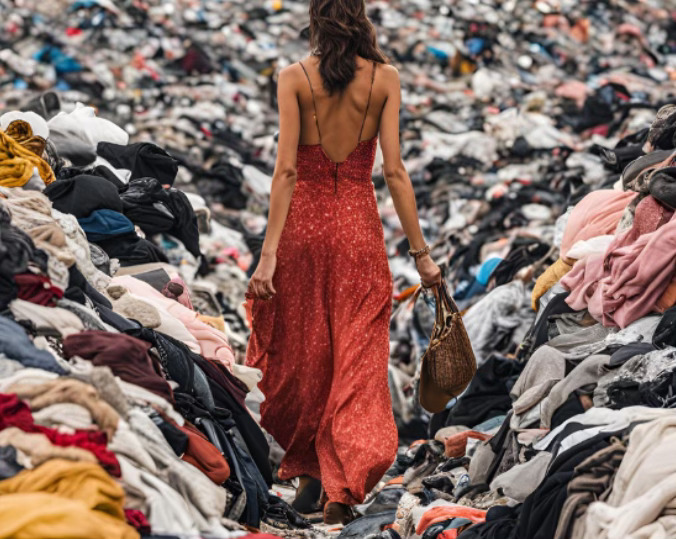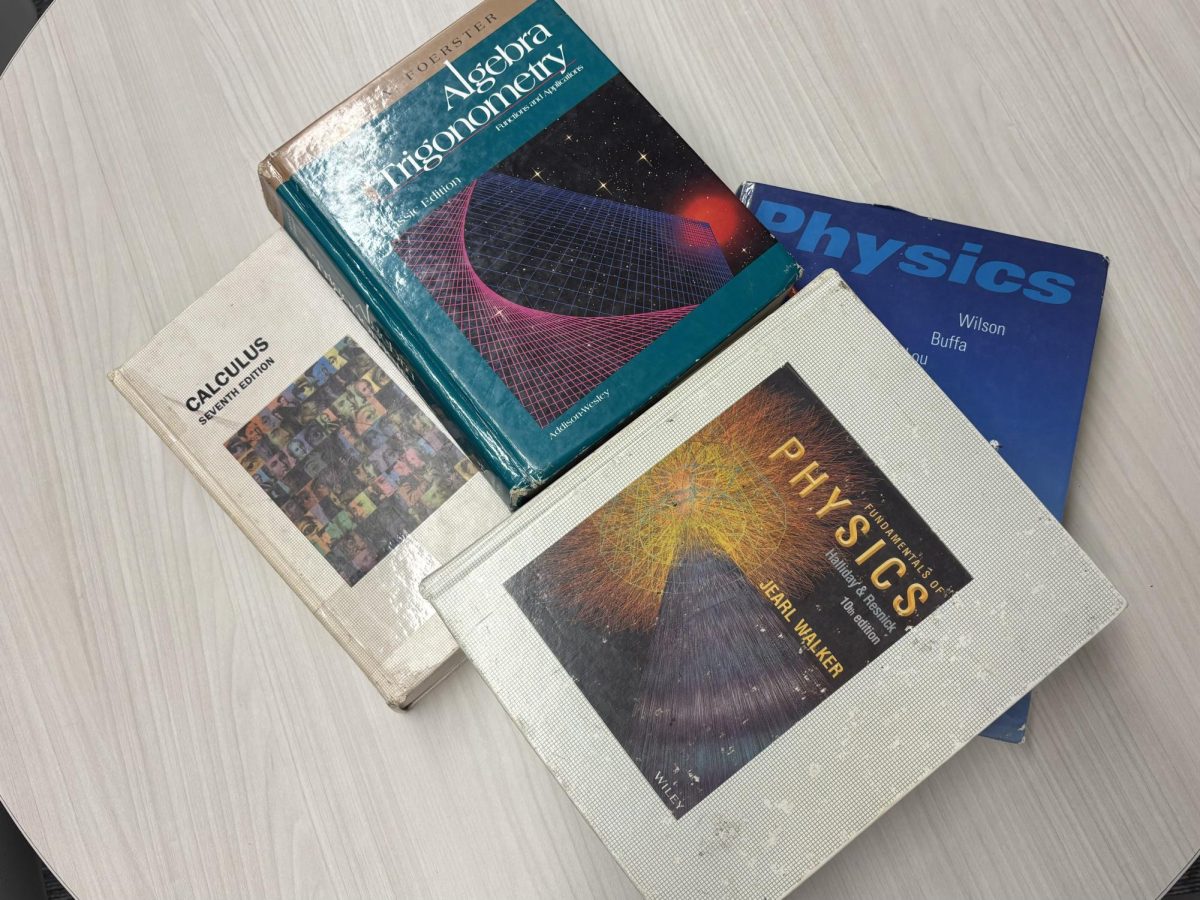Amanda Magen
“Stop pretending that you are oppressed and men are your oppressors. It’s a lie, and it’s a hurtful lie. Stop.”
I don’t know what I was expecting, but it certainly wasn’t for the documentary to be as powerful as it was. During the two hours, I had gone through an emotional rollercoaster and had a badly cramped hand from taking 5 pages of notes – I was determined to take this seriously after having to spend $3.99 to even view the program.
The Red Pill is a 2016 documentary that follows the experience of Cassie Jaye, a 19-year old feminist from Hollywood. Cassie found several MRA (Men’s Rights Activists) websites and was intrigued by how many people held an opinion that she perceived so wildly different from her own. She set out on a journey fueled by curiosity and drove all over the USA conducting interviews with anyone willing to meet with her. She said that she never imagined herself agreeing with what the men she interviewed had to say, but on her year-plus long journey, that’s exactly what happened. In addition to including interviews and segments from news networks, Cassie included personal video diaries of her reactions to everything she was learning. The insight into the evolution of her ideas made The Red Pill a powerful piece.
The MRAs Cassie talked to were primarily focused on gaining recognition for men’s issues, but many found their voices had been stifled. Some horrifying statistics they quoted were that 4 out of 5 suicides are committed by men, and only 38% of recent college graduates are men. Arguably the worst, men are given jail sentences up to 63% longer than women for the same crimes. Men are more likely to be executed when innocent and make up over 98% of combat deaths. Many of these statistics were absolutely shocking, and I wondered why I hadn’t heard them sooner.
The MRAs mentioned how it was not only women who have been hurt by gender roles in the past. Our society is very supportive of women breaking out of traditional housewife roles (thank goodness), yet men are still stuck in the role of being the provider for the family. If it is traditionally the woman’s role to reproduce, then it is the man’s role to produce. Men are the ones who are made to give up significant portions of their life for the paycheck that they can bring home. That is, if they do get home at all: 93% of workplace death victims are male. As Warren Farrell, author of The Myth of Male Power and card-carrying member of the National Organization for Women, says, “Flexibility of the roles is where we should all be headed.”
The name for the documentary (The Red Pill) is a reference to the movie The Matrix, in which the main character is offered two pills: a red one, which signifies knowledge at the expense of happiness, and a blue one, which will lead the character into ignorant bliss. Paul Elam, founder of A Voice For Men, says that the metaphor of the pills is analogous to common misconceptions on gender statistics. He asserts that the blue pill represents how many people fail to realize that women are not the overwhelming domestic violence victims and don’t actually make less money than men. The harsh truth, suggested by the name “the Red Pill,” is far from this myth that a staggering number of people seem to believe.
The documentary, in its quest to get a balanced selection of voices, interviewed several notable feminists like Katherine Spiller of the Feminist Majority Foundation. Spiller says that the reason MRA groups exist is because they feel threatened by the everyday competition posed by women gaining opportunities in society. To the MRA, she says, “Grow up. Realize the world has changed,” and evidence that both sexes are relatively equal in earnings and domestic violence victims is “not tilted in our favor… it’s the constant distortion of the data.” She says, simply, that “men are advantaged over women. No question.” Katherine’s point of view, while certainly not the only interpretation of feminism, was echoed by the other feminists interviewed.
One man interviewed in the film said a woman tricked him into having a child, and the story of his custody battle for his son was heartbreaking. After he realized the mother of his son had abused him, the father fought for legal custody. The mother wanted the child to be obese, like her, so the son would favor his mother over his father. In response, the father would give his son healthy food and standardize a bedtime during the time his son was with him. He even got his son in the habit of weighing himself when he was with him and noticed that after his son got back from his mother’s, he would weigh 3-4 pounds more. He brought this to the court as evidence of abuse and neglect. The court’s decision? The father was no longer allowed to weigh his son. The pure hopelessness and sadness in this man’s eyes were apparent as he said of the legal system, “Either they’re absolute idiots or biased.” I’m inclined to think both. Eventually, the man’s body gave out and he was unable to continue his court battle for his son and never saw him again (or at least not before the interview was conducted). Even so, he was left paying child support and had given up five years’ worth of his total income on legal fees.
These instances are not few and far between. 81.6% of custodial parents are women, and only 18.3% are men. The documentary shared other dramatic stories, such as a father who watched his child be put up for adoption as was the mother’s choice despite his ability and willingness to care for his son. Tears welled up in my eyes as I listened to the tragic tale of a father who had lost his battle to care for his son. He had gone into debt and almost lost his job due to the legal fees before killing himself. Warren Farrell points out this injustice in the justice system by saying, “Women have the right to children and men have to fight for children.”
Paul Elam says that men are “not upset about having to be fathers, but because they’re not allowed to be fathers.” I am someone who tries to actively follow politics and social movements, and I listen to political commentary. And yet I cannot remember ever hearing about a feminist movement poised to address this issue, which does in fact deal with “establishing the equality of the sexes.” This injustice remains absent from major media networks. Why? We must ask ourselves, is the feminist movement biased towards women’s issues?
43% of domestic violence victims in the US are men. One MRA interviewed, Marc Angelucchi, said he had a male friend who had been happily married for 20 years when his wife began to get abusive. He decided to call hotlines and shelters for help on his friend’s behalf, yet everywhere he called told him they did not serve men. In fact, only one out of 2,000 shelters nationwide are willing to take in men, and many of these are state-funded. Imagine being refused government help for being in a violent situation based on your gender alone; that is the blatant definition of sexism. We commonly hear that 1 in 3 women suffer as victims of domestic violence. We are less commonly told that 1 in 4 men suffer the same thing. In fact, the documentary cited that according to a CDC report in 2014, 5.4 million men and 4.7 women in the United States suffered as victims of intimate partner physical violence within the last 12 months. Why do nearly all advertisements on domestic violence portray women as the victims when nearly as many men (and just as many men in Canada, where 50% of the domestic violence victims are men according to the Canadian Association for Equality) also suffer? Does only showing half of the story truly raise awareness to stop domestic violence? But, according to Katherine Spiller, showing the other side of the story is to show a “distortion of the data.” If denying cold-hard facts fits into the feminist narrative, then it’s no wonder that less than 18% of American women identify themselves as such.
Karen Straughan, member of the Honey Badgers – the female sect of the men’s rights movement – points out that while feminism claims to be a movement based on the equality of the sexes (which, based on the Google definition, it is), it names the bad things they are fighting against (like the “patriarchy”) after men, and the name for the movement fighting for what is good and what is right “feminism.” Straughan imagines a feminist saying, “We’re not blaming men, we just named everything bad after them.” To further the importance of this, Straughan brought up how language-conscious the feminist movement is. The word “fireman” has recently been banned after feminist pressure by a UK school for being “offensive”, causing concern that girls wishing to pursue a career in fighting flames might be marginalized by this choice of words. Similarly, words like “forefathers” and “mankind” have been “discouraged by the policy” of a UK university because the words were not determined “gender-inclusive” and were in fact “sexist.” In a language-conscious ideology like feminism, is it a coincidence bad things are named to be masculine?
“[Feminists] don’t want equality, they want special privileges for women and girls,” said one MRA, adding that feminists don’t care when men are unequal. I was taken aback by this statement–it seemed so abrupt. With further research, however, I found that this has been displayed time and time again. Sweden has proposed a “man tax” that all men must pay to “correct for the supposed ‘externality’ of men’s violent behavior towards women,” which, as previously established, isn’t as one-sided as the proposers make it out to be. This shocked me. How can people turn a blind eye to sexism when it’s against men? Also horrific, under India’s penal code males are not classified as rape victims. Again, where are the people up in arms? Men experience disadvantages at home as well, even when trying to fulfill their basic human rights: men must sign a Selective Service card before they can enjoy their rights as American citizens to vote. This means that if men want to have a say in their government, they must first acknowledge that they will give up their lives for their nation in combat if need be. Women, on the other hand, can vote without this threat.
Awareness is also more commonly raised when women suffer rather than men. Funding and donations for breast cancer research are far greater than donations for prostate cancer, despite the two targeting similar numbers of people. Karen Straughan says that as a society, we care more when women suffer, but can turn a blind eye to the perils of men. In Straughan’s point of view, this partiality towards women’s issues is being taken advantage of by terrorist groups like Boko Haram. There were many instances of Boko Haram killing boys that wasn’t widespread news. There was even an instance when the terrorist organization raided a school, sent the girls home, and burned the boys alive. Straughan says that Boko Haram’s subsequent kidnapping of 200 girls from another school was specifically carried out because the organization knew the act would bring widespread attention to its anti-Western education message. In fact, she points out that it was not until this horrific act that people took to Twitter and the media, making the hashtag #BringBackOurGirls wildly popular. Straughan proposes a chilling alternate to the 2014 kidnapping, saying, “If those girls had been boys, they’d be dead.”
The last fifteen minutes of the documentary examines how while men’s rights activists are trying to get their voices heard, there are more people trying to silence them. Dean Esmay, another interviewed MRA, comments on trying to gain recognition for his basic rights: “It’s an ocean of pain out there…. Nobody listens, nobody cares.” Fire alarms have been illegally pulled in attempts to stop speakers from peacefully discussing men’s issues at the University of Toronto in 2013 and the University of Ottawa in 2014. Guest speakers on men’s rights have also found themselves unable to give lectures due to college students blowing air horns and banging pots and pans. Of over 900 gender studies classes offered worldwide (400 of which are in the US), only one focuses on studying men.
‘Big Red’, a feminist advocate, was also interviewed for the documentary. When asked her response to the MRA claim that the feminist movement isn’t for men, she replied, “Cry me a river… [Feminism is] about women’s equality.” Now, I am not deluded as much as to think that every self-proclaimed feminist would have the same stance on the movement. Even so, when I type ‘definition of feminism’ into Google, the dictionary definitions for feminism from Google, Merriam-Webster, and Oxford all echo a variation of being a movement for equality “on behalf of women’s rights.” I’m all for a women’s rights movement, but when said movement pretends to encompass male rights as well and then ignores them, that’s the sign of a serious problem.
Overall, I rather liked the documentary and found it informative. I would rate it a 7.5 out of 10; the documentary was undeniably powerful and provided insight into a point of view I hadn’t previously considered. However, some arguments presented did seem far-fetched, and some examples presented made me as the viewer ask, “How many people have shared in this experience? Are these isolated claims or are they truly representative of the bigger picture?” There is also obviously a darker, misogynistic population among the Men’s Rights activists (hence why I don’t refer to myself as a “meninist”), just like there are some self-proclaimed ‘feminists’ with extremely misandrist ideas. I didn’t find this side of the movement to be addressed in full, which was a drawback to the documentary. However, I felt that this didn’t detract much from the main point of the documentary, which was that while men should be considered equal to women, their position isn’t always given the same consideration and respect as that of women. I did appreciate the number and diversity of those interviewed, which I really felt helped to round out the piece. If one watches this documentary with an open mind, I think they will learn a lot.
In mentioning writing this article, I have found myself the recipient of many a confused look and the subject of several eye rolls. One person said, “I’m just surprised you’re taking this position.” I’m surprised that wanting equality is considered surprising. In my opinion, the only way to truly achieve equality is to call out inequality and work to address it.
Cassie ends the documentary on the words “I no longer call myself a feminist.” I have to agree with her.
+ + +
For more information on why the ‘wage gap’ is a myth, feel free to view: Ben Shapiro: Women Are Winning the War on Women from 0:40 to 2:04.
I would like to clarify that I do acknowledge that the world isn’t perfect for women either. Obviously, there are women’s issues that I’d like to fight for just as there are men’s issues. However, I focused this piece on men’s issues, as that was the main focus of the documentary. I believe in and would like to belong to a women’s rights organization in the future, but my personal issue with feminism is that it does not balance men’s and women’s rights problems well enough to fulfill its agenda of “furthering the equality” between men and women.
For anyone wishing to view the documentary themselves, please be warned that there is a graphic scene involving genital mutilation as well as some strong language.

